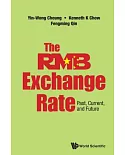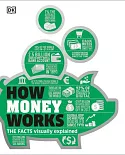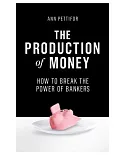Few topics have inspired as much international furor and misinformation as the development and distribution of genetically altered foods. For thousands of years, farmers have bred crops for
their resistance to disease, productivity, and nutritional value; but only since the 1970s have advances in biotechnology (or gene-splicing to be more precise) upped the ante, with the promise
of dramatically improved agricultural products--and public resistance far out of synch with the potential risks. In this provocative and meticulously researched book, Henry Miller and Gregory
Conko trace the origins of gene-splicing, its applications, and the backlash from consumer groups and government agencies against so-called "Frankenfoods"--from America to Zimbabwe. They
explain how a "happy conspiracy" of anti-technology activism, bureaucratic over-reach, and business lobbying has resulted in a regulatory framework in which there is an inverse relationship
between the degree of product risk and degree of regulatory scrutiny. The net result is a combination of public confusion, political manipulation, ill-conceived regulation, and ultimately, the
obstruction of one of the safest and most promising technologies ever developed. The authors go on to suggest a way to emerge from this morass, proposing a variety of business and policy
reforms that can unlock the potential of this cutting-edge science, while ensuring appropriate safeguards and moving environmentally friendly products into the hands of farmers and consumers
around the world.





















